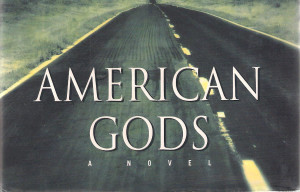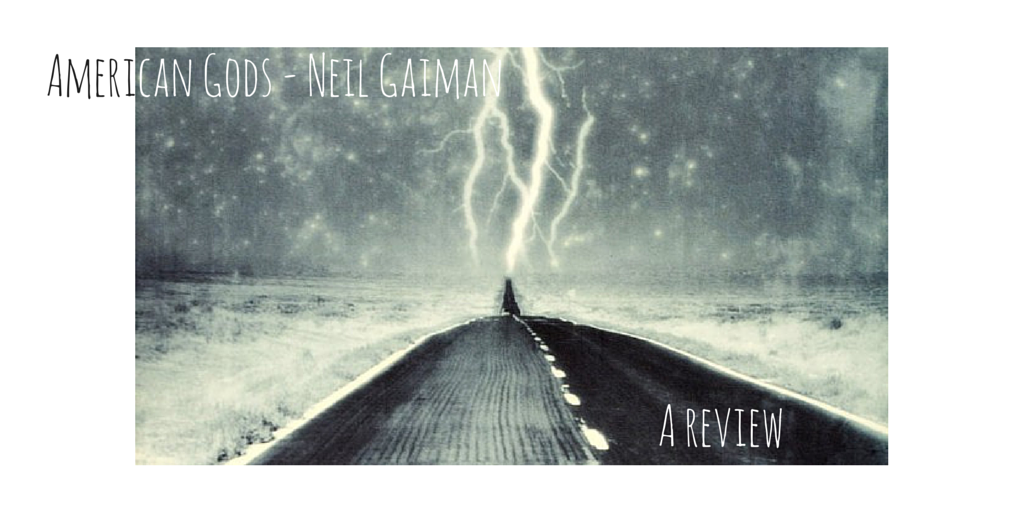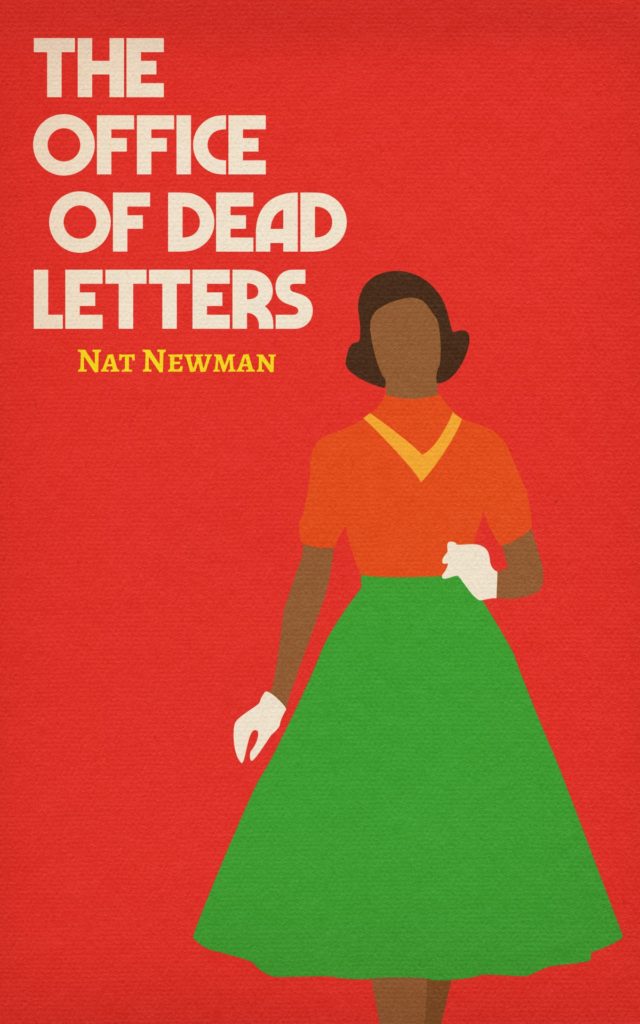Review: A love letter to the great American road trip, featuring gods, demons and zombies. An interesting tale told in fits and bursts. American Gods, Neil Gaiman (HarperCollins, 2001)
I’m mostly familiar with Neil Gaiman from his work on Dr Who, and for being the other half of Amanda Palmer. This is my first time reading one of his novels. It’s also the first sci-fi or urban fantasy book that I’ve read in a long, long time. The verdict? Well…
 Shadow, an introspective man, is released from prison the same day that his wife dies in a car accident. Things are not off to a good start for our hero. Travelling back home, he gets an offer he can’t refuse (literally, can’t refuse) and then goes off on an adventure across America. There are gods, demons, leprechauns, shadow worlds, fights of good and evil and landscape, lots of landscape.
Shadow, an introspective man, is released from prison the same day that his wife dies in a car accident. Things are not off to a good start for our hero. Travelling back home, he gets an offer he can’t refuse (literally, can’t refuse) and then goes off on an adventure across America. There are gods, demons, leprechauns, shadow worlds, fights of good and evil and landscape, lots of landscape.
The basic premise is fantastic: gods exist, but only if people keep believing in them. Long after people have stopped worshipping Odin, Easter and Czernobog, they go on existing. They have been incarnated, and cannot simply disappear. But they are unloved, forgotten, particularly in America where the original immigrants who ‘brought’ the gods have long since passed on. It is amongst this cast of characters that Shadow has to find his way back into the world after his stint in prison.
Despite the fantasy elements, this is really a love letter to America. Gaiman is having a great time leading his readers through sleepy towns, run-down cities, glistening metropolises and an unending landscape that is magical even without the gods. Shadow stops in at the small town of Lakeside, to give himself and the reader a break from the continual travelling (which doesn’t always seem to have a point). This Lakeside holiday is a story within the story, and in many ways I found it much better than the novel overall.
Gaiman says in the lengthy afterword that in many ways this book “feels an awful lot like a first novel”. He says that in the context of the enormous body of work he already had at the time, but I have to agree with him. Although it’s very well put together, most of the drama is episodic in a kind of jerky way. Some of the scenes don’t really seem to go anywhere or contribute to the overall story.
Six hundred pages is a long time to carry a conceit, no matter how clever it is. And it is clever. Very clever. Ultimately, however, it’s just too long. It feels unpolished and unedited – and I feel like a complete amateur when I say that cos, hey, I’ve never written a novel! But I read that a new edition came out with an additional 12,000 words and I can’t imagine where they’ll go! It’s a hefty ‘beach read’, but I think it could have really benefited from less heft and more movement.
Other reviews:
– The Guardian reviewed the old edition in 2014
– And here’s Salon’s review from back in 2001 when it was released




